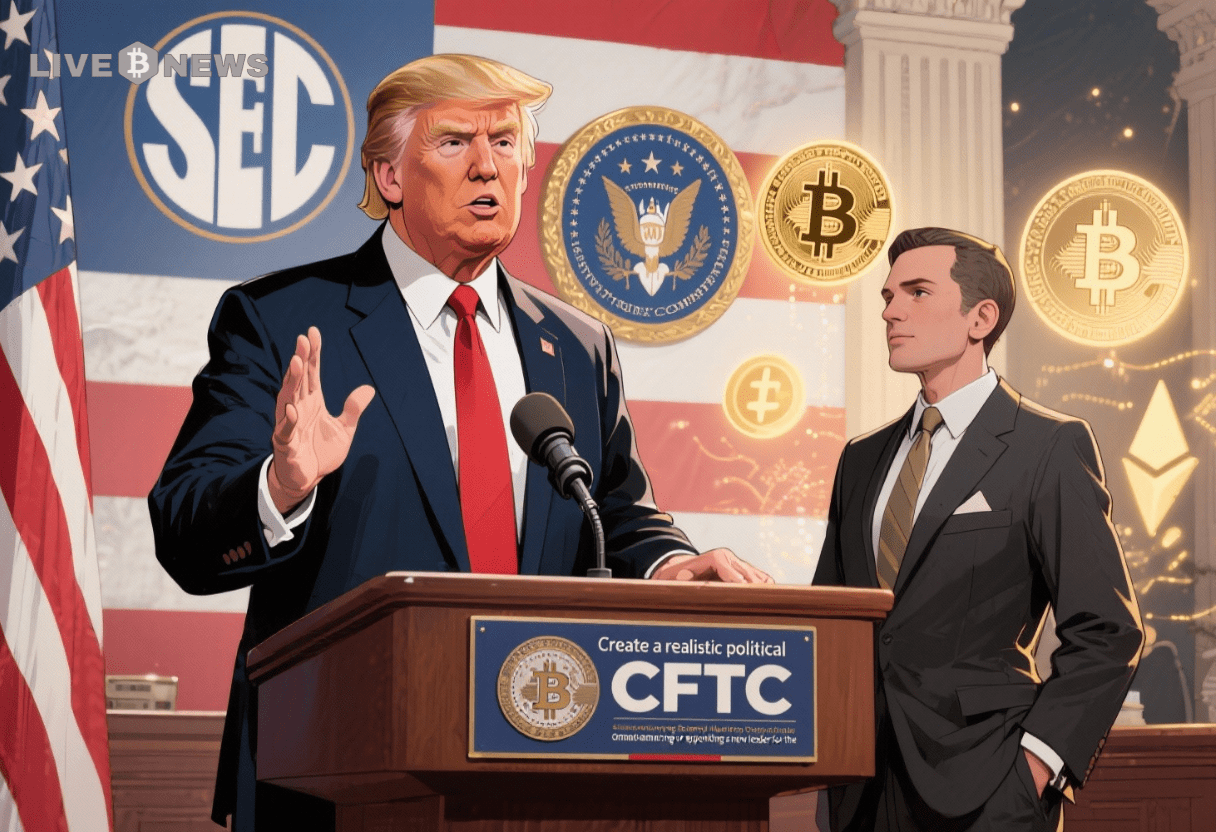BTC News: Trump Pledges to Make U.S. the World’s Bitcoin Superpower
The post BTC News: Trump Pledges to Make U. S. the World’s Bitcocom. President Donald Trump commits to making the U. S. a “Bitcoin superpower,” promoting digital asset leadership as a critical strategy against foreign economic competition. The United States is actively prioritizing leadership in the quickly expanding digital asset industry. President Donald Trump recently focused on this critical policy change. This happened at the two-day America Business Forum in Miami. Specifically, he urged all business leaders and the nation to embrace crypto. In particular, he pointed out the increasing significance of Bitcoin as a strategic national asset. White House Unveils Strategy for National Digital Asset Dominance He also stressed how the positive role played by the crypto industry will further propel the American economy to a great extent. This new focus, he explained, helps to ease pressure on the U. S. dollar’s global stature. In addition, this aggressive adoption of digital assets is perceived as a direct and powerful address towards concerns. These issues have to do with the high profile of China in the global digital asset space. Related Reading: US Crypto News: Trump Reaffirms Ambition to Make America the World’s Crypto Capital | Live Bitcoin News The current administration’s recent administrative decisions are very indicative of this narrative of positioning the US as a Bitcoin Superpower. For instance, a significant executive order passed in March of 2025 with the administration of President Trump. This decree made the official strategic Bitcoin reserve. The reserve is funded by the confiscated cryptocurrency of criminal and civil forfeiture cases that are successfully won. This new reserve and the separate digital asset stockpile will be managed with great care by the Treasury Department. The administration has also been working hard to draw up clear regulatory frameworks that are technology-agnostic. As a result, this approach is a serious step away from the complicated process of “regulation by enforcement.”.
